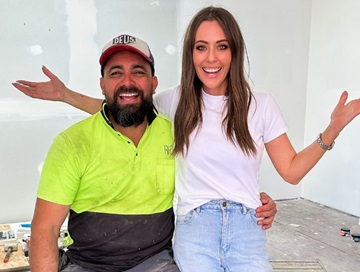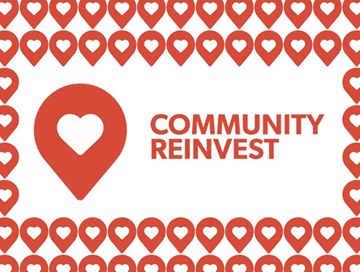Make sure you're not in the dark about basic lending details, like how much you can borrow, when you enter the WA property market.
If you are an informed buyer, you have a step up in the market and are in a much better position to make an offer.
What kind of loan are you eligible for?
Historically, the rule for buying a home has been that you could borrow approximately three times your gross household income.
However, this measure is only a guide. Banks are keen to lend, but are also thorough with checking your capacity to service the loan.
They also factor in any existing debt you may have.
If you are applying for a joint home loan with another person, their existing earnings and debts will also impact the total amount.
When calculating debt, the maximum limit on your credit card can be deemed as debt even if you never reach that limit.
Ask your lender to outline their policy and to detail all the fees that apply to the loan, including mortgage costs, mortgage insurance or anything else.
Deposits are important
The key to a smooth start with a home loan really rests with the deposit.
Most lenders prefer a deposit of around 10 per cent of the purchase price, though deposits of five per cent are becoming increasingly common.
If you don't have a ready deposit it's wise to start a regular savings program in preparation for home ownership. Most lenders require evidence of three months of recent genuine savings before approving a loan.
If the deposit is a gift the lender normally requires the money to be in your bank account for three months.
For more information about loans, talk to your broker or financial institution about your options.
.tmb-imgwidgetm.jpeg?sfvrsn=99d527f0_1)









